MJ Lenderman
Manning Fireworks
Every generation has its slacker poet laureate, but don’t mistake twenty-five-year-old MJ Lenderman’s laconic delivery and melancholy vibe for indifference. The Asheville native has become a sharp chronicler of the human condition, tackling touchy subjects like misogyny (the searing “Rudolph”), alcohol-as-a-crutch (the mournful “Rip Torn”), and mental health (the punchy “On My Knees”) with keen observations, hilarious pop culture references, and buzzing guitars. All of this at a thick, half-speed pace that lets Lenderman wring out every angsty note.
Jack White
No Name

Jack White returns with a vengeance on No Name, bringing mad-scientist blues explosions that, more than any of his other solo records, recall the fuzzy rock bombs of his band, the White Stripes. Sometimes, No Name sounds downright evil, with White’s squeals and colossal riffing on the breathless “Bless Yourself” and the thunderous opener “Old Scratch Blues.” Even lighter tracks like “What’s the Rumpus” still have a sinister vibe, loaded with lean and mean grooves and guitar fireworks that help cement White as one of modern music’s most gifted blues interpreters.
Brittany Howard
What Now
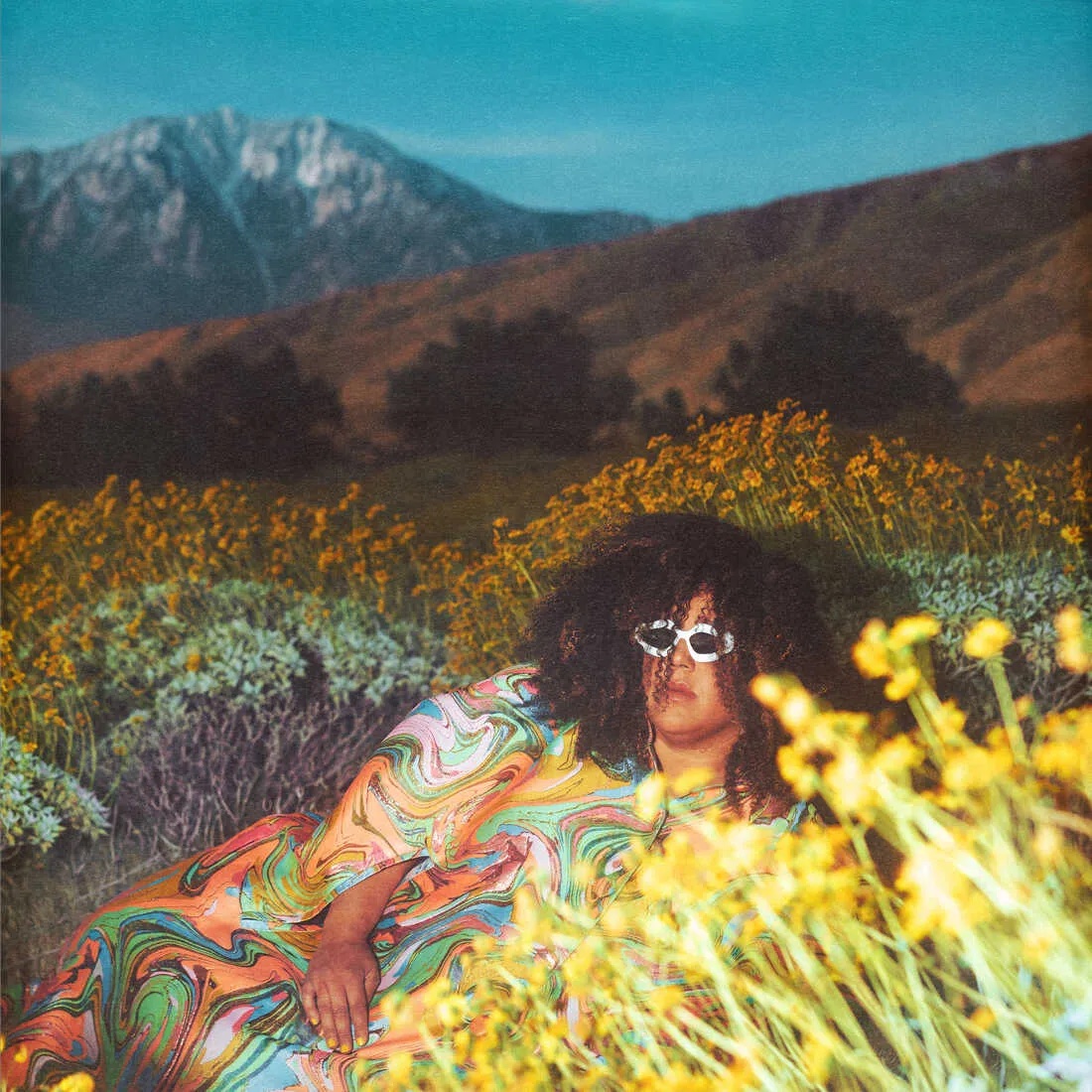
“Earth Sign,” the opening salvo on Brittany Howard’s second solo album, What Now, sounds like an otherworldly jam session, piecing snippets of gospel, jazz, and soul, wrapped in a sheen of psychedelia and propelled by Howard’s extraordinary voice. It begs the question: Can Howard keep it all together? Most definitely. The title track and “Power to Undo” are thick slabs of danceable Prince-level funk, while “To Be Still” is a melancholy torch song, with Howard at her most vulnerable as her vocals scale the mountain of falsetto.
Johnny Blue Skies
Passage du Desir
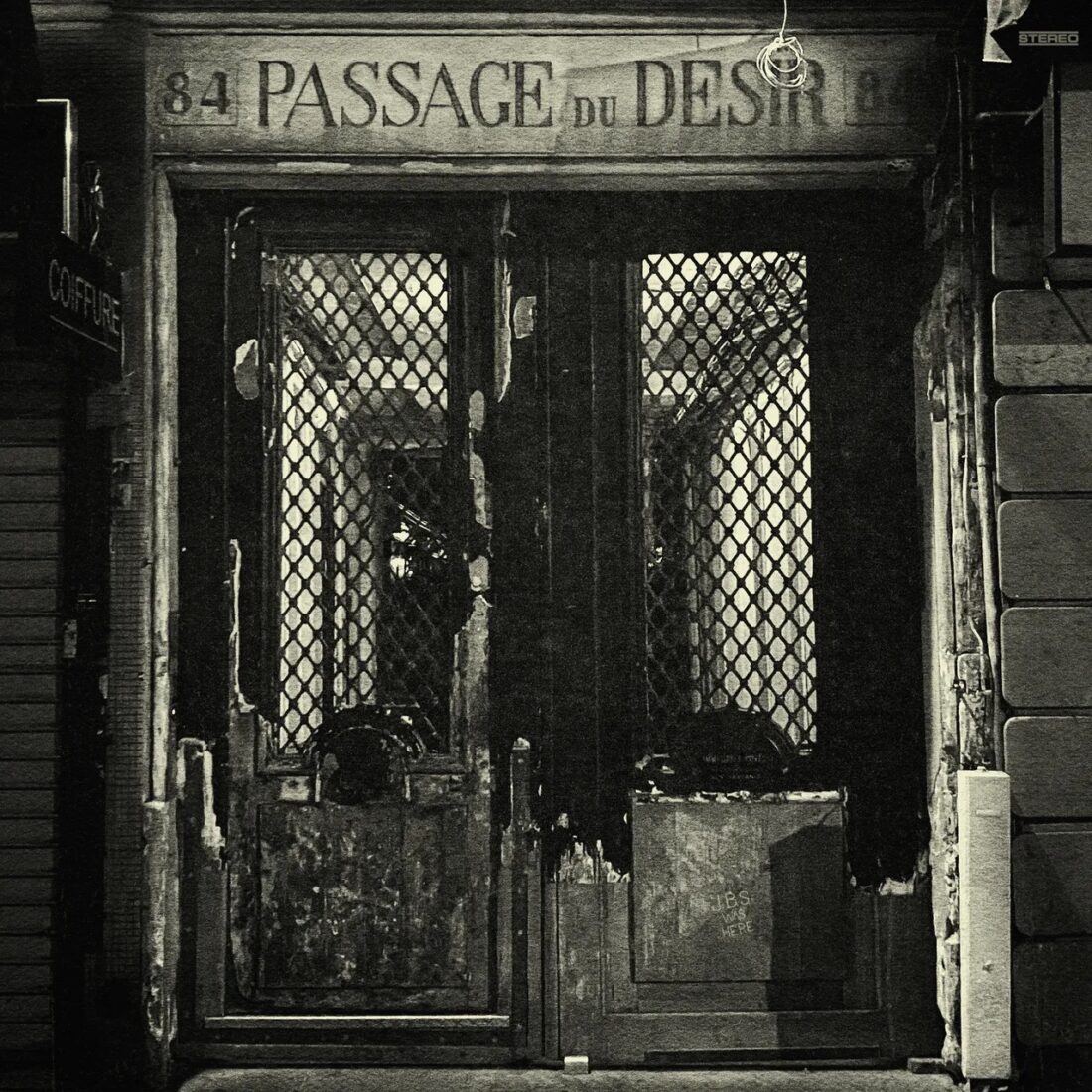
Never one to be boxed in, with Passage du Desir (French for “Passage of Desire”), ultimate Nashville outsider Sturgill Simpson dubs himself Johnny Blue Skies (the moniker lifted from a song on his 2016 release, A Sailor’s Guide to Earth). It’s a stunner of an album. With Simpson’s singular tenor front and center, “Swamp of Sadness” and “Who I Am” evoke classic country “Turtles”-era Sturg. Meanwhile, “If the Sun Never Rises Again” brings a smoldering slice of Sailor’s R&B soul, leading to the New Wave pulse of “Right Kind of Dream.” Passage du Desir shows Simpson really could care less about genre labels and expectations, and we’re all the better for it.
Gold Connections
Fortune

The pop-punk sounds of the early aughts attained peak nostalgia in 2024 with the return of Blink 182 and My Chemical Romance. And while Gold Connections shares similar melodic sensibilities, the New Orleans by way of Virginia outfit, fronted by Will Marsh, creates some distance with sparkling guitars and Marsh’s incisive songwriting (the epic stand-out: “Fool’s Gold”). “Easy” chugs along with a riff reminiscent of the Cars’ “Just What I Needed” before launching into a glorious fist-in-the-air chorus. Marsh blows off some steam with the howler “Bleed,” and exhales with the touching “Hurricane” and the weepy “Seen.” It’s a dynamic effort from one of today’s best up-and-coming rock bands.
Hurray for the Riff Raff
The Past Is Still Alive
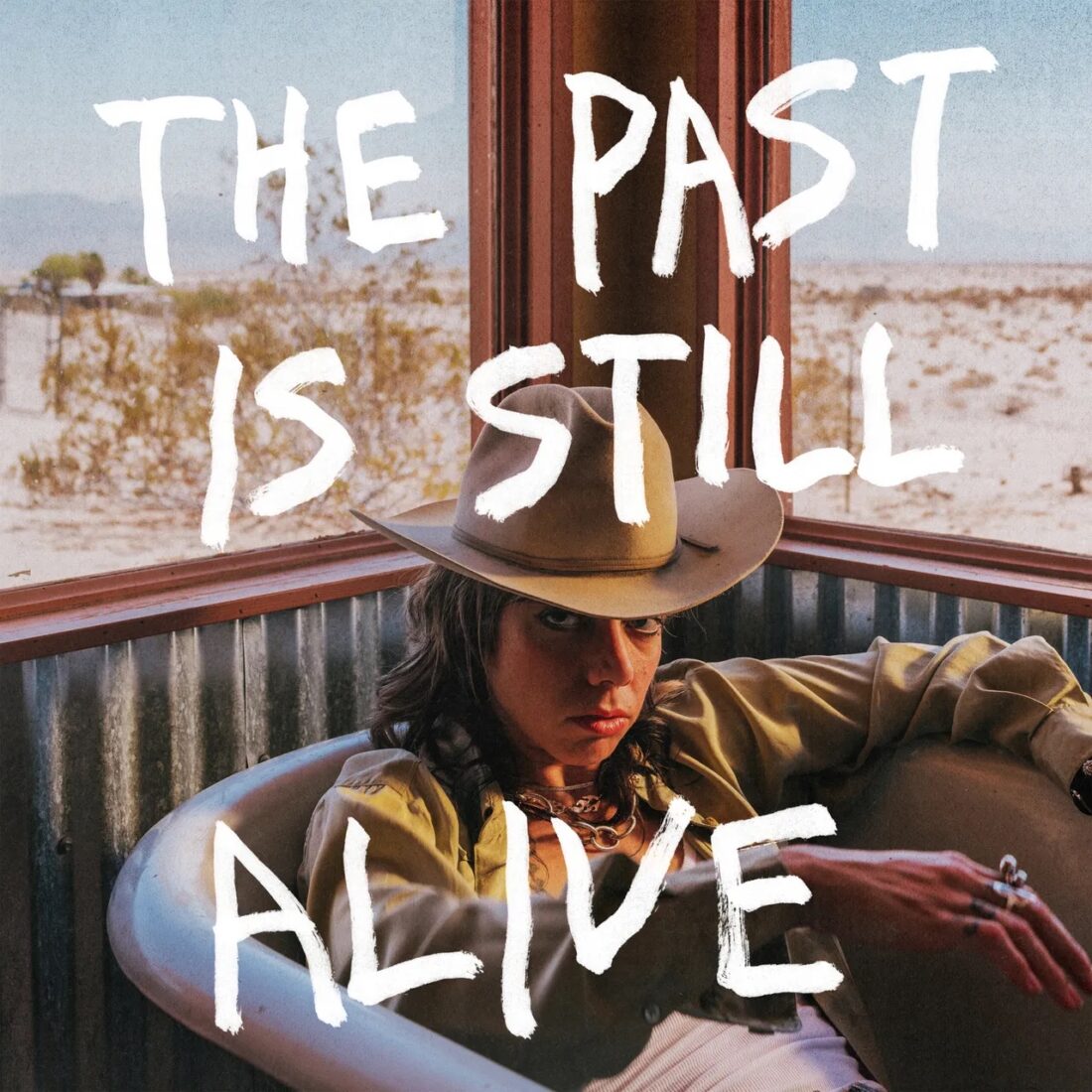
Just before Hurray for the Riff Raff founder Alynda Segarra started to record their exquisite seventh album, The Past Is Still Alive, their father passed away. The pulsing drive of “Snake Plant (The Past Is Still Alive)” begins: “I only ever wanted to be a good daughter.” It’s a heartbreaking admission from a fearless songwriter whose arresting Americana folk-punk laments—some that feel like a memoir in progress—address everything from mortality to the decline of Western civilization to drug abuse. Heavy stuff, but Segarra coats each song with pop hooks and earworm melodies that make The Past Is Still Alive a present-day classic.
Teddy and the Rough Riders
Down Home
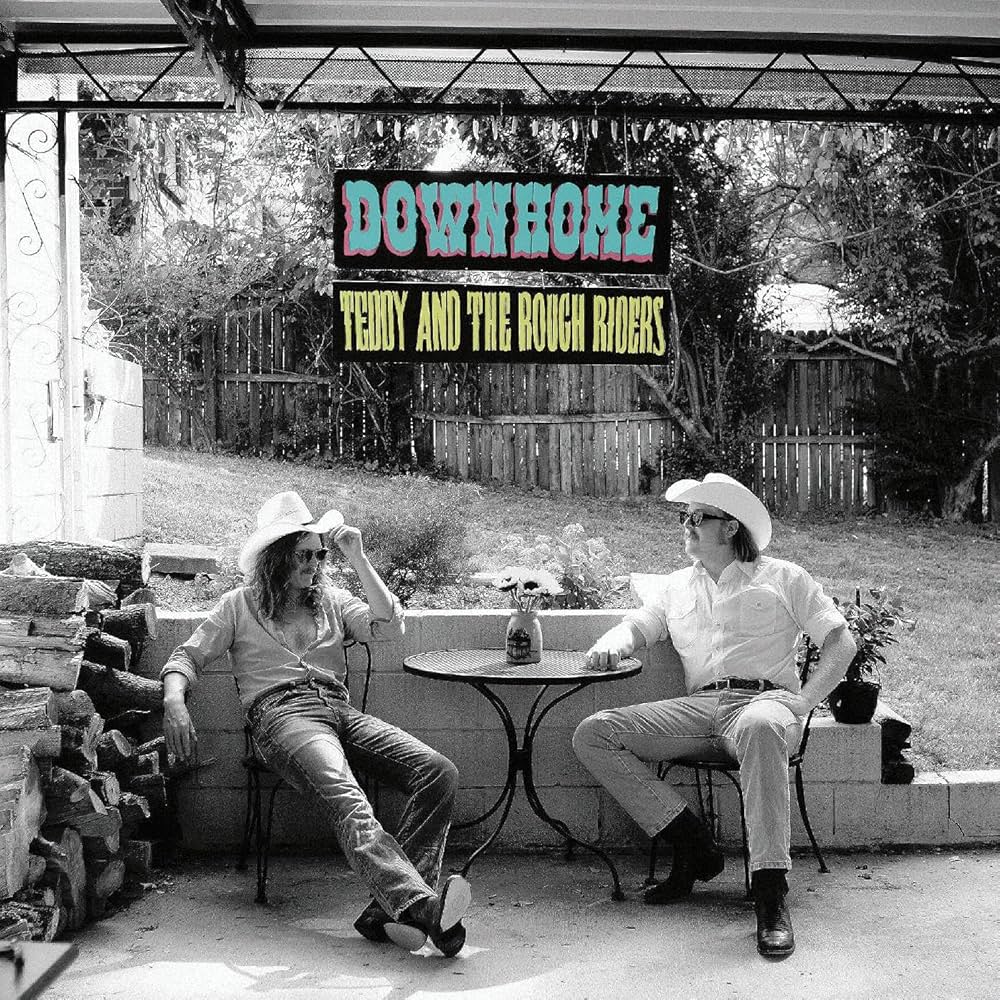
Margo Price once said: “Teddy and the Rough Riders are one of my favorite Nashville bands, and, given the chance, they will unite the hippies and the cowboys, the bikers and the stoners with their groovy country songs.” She’s not wrong. Down Home isn’t just cosmic country; it’s full-on lunar eclipse twang, all spacey grooves and hypnotic strings with the melt-in-your-mouth harmonies of songwriters Ryan Jennings and Jack Quiggins. “Catfish Summer” is a slice of warm escapism, while the frenetic bluegrass of “Mountain Girl” could feel at home on a Doc Watson album.
Wyatt Flores
Welcome to the Plains
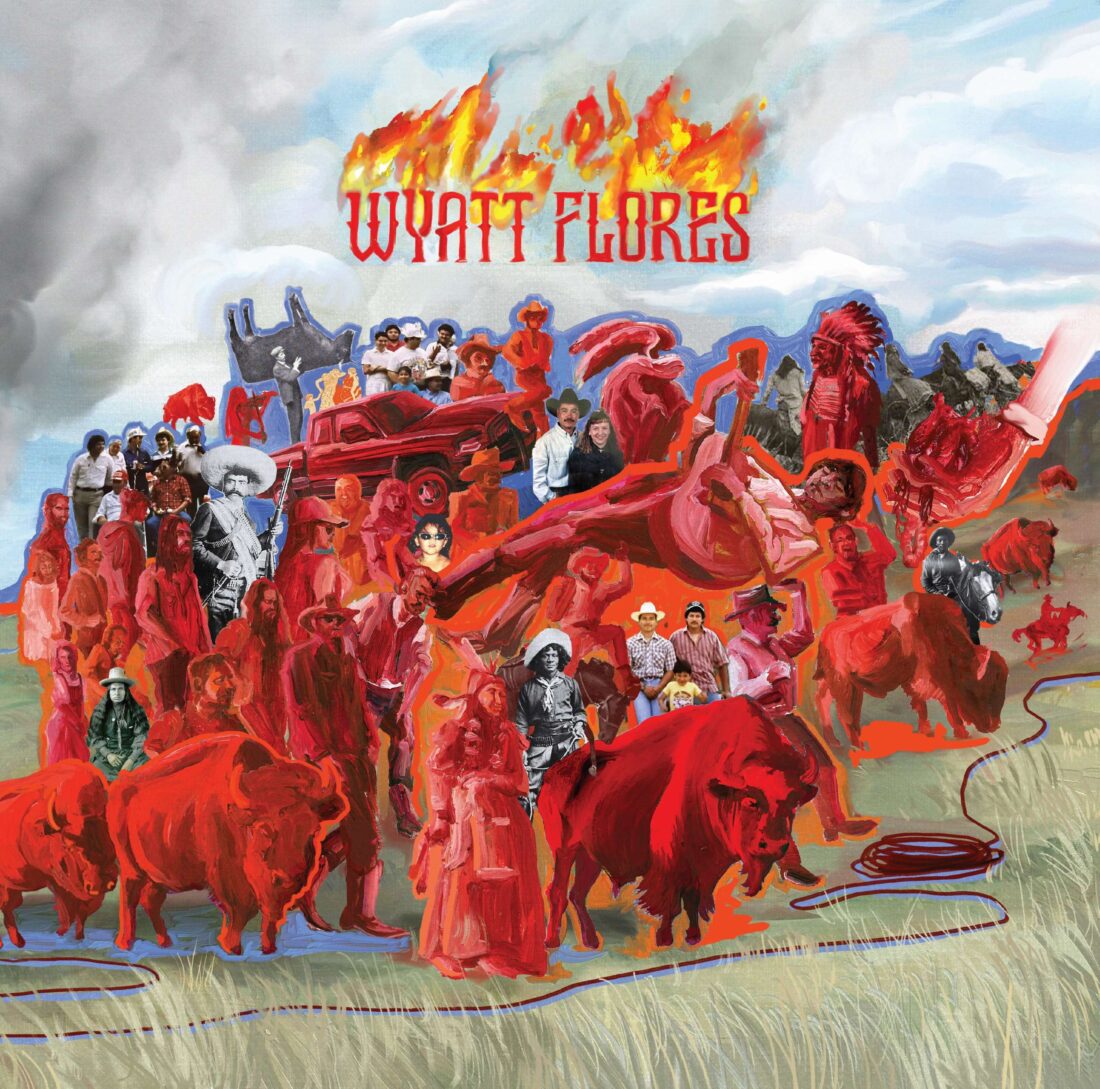
The Oklahoma-bred Red Dirt brand of country rock is having a moment. Next April, legends Cross Canadian Ragweed will reunite for a series of shows in Stillwater with now-established genre superstars Turnpike Troubadours. But twenty-three-year-old Wyatt Flores proves he’s the future with Welcome to the Plains, his sensational debut that retains the grit of the tried-and-true Red Dirt sound (as on the title track and “Falling Sideways”) but brings a poignant, pop sensibility (like the gorgeous “When I Die”) that makes the Gen Z kids swoon.
Kacey Musgraves
Deeper Well
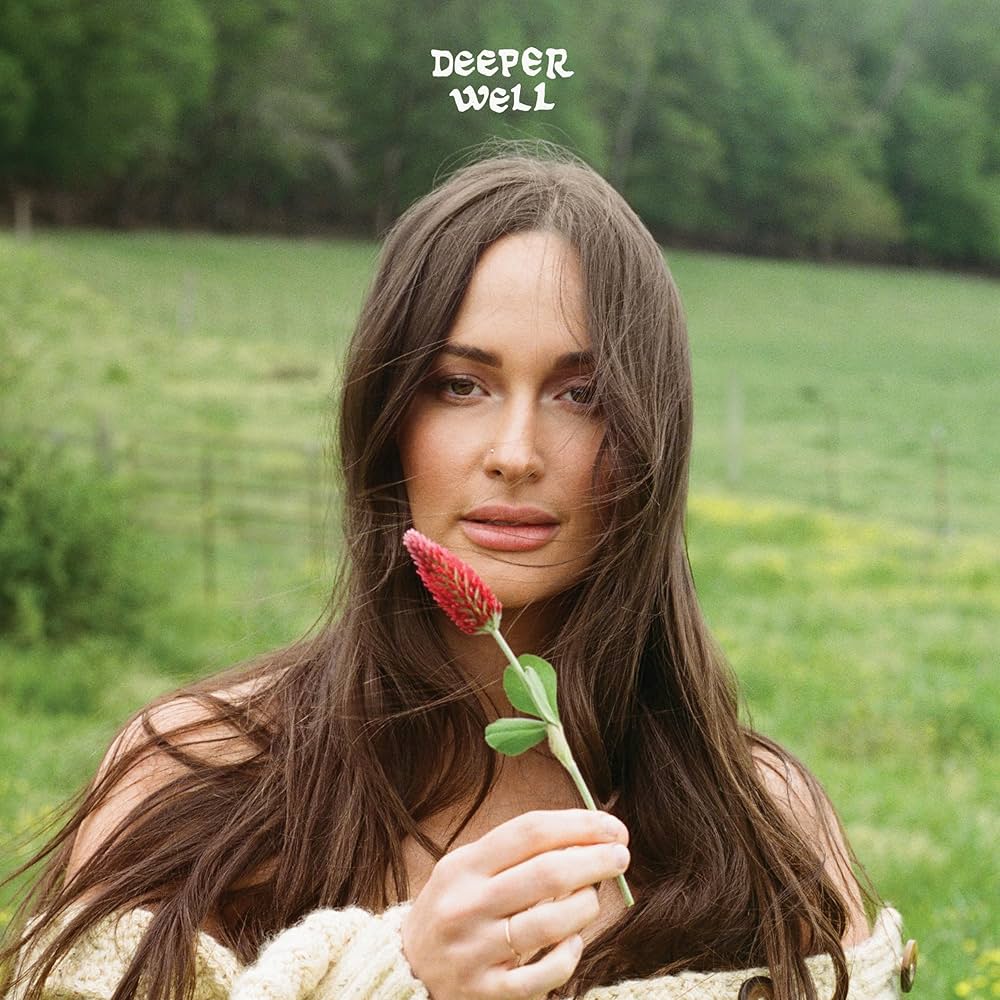
Kacey Musgraves’s fifth studio album might lack the emotional wallop of her previous two—2018’s post-wedding Golden Hour and the post-divorce Star-Crossed in 2021—but Deeper Well still makes an impact. Songs like the stark, chill-inducing “The Architect” and “Superbloom,” a lusciously groovy duet with Leon Bridges (from the expanded version), find Musgraves with a sense of peace but still searching for contentment as she moves on to life’s next chapter, inviting us to come along for the ride.
The Rumble
Stories from the Battlefield
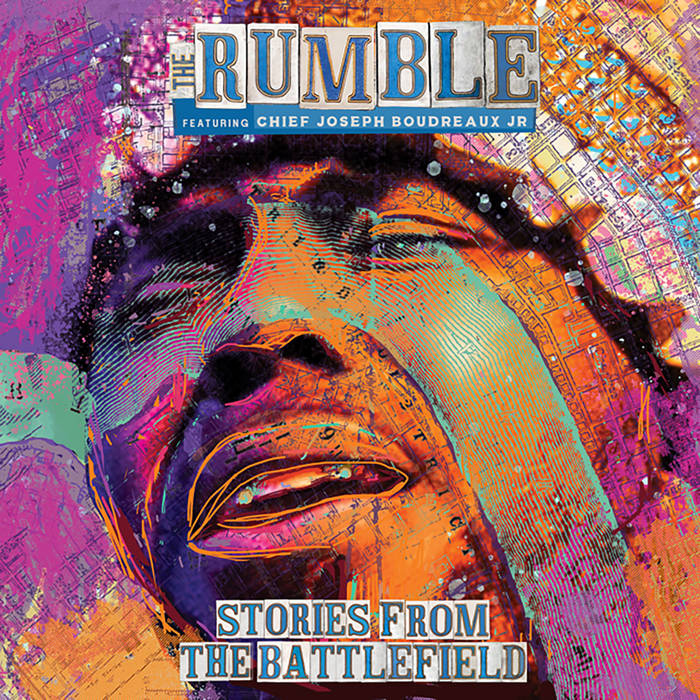
Breaking away from the New Orleans collective Cha Wa comes the Rumble and its Stories from the Battlefield, one of the finest examples of Big Easy funk and soul since the Meters. Fronted by Mardi Gras Indian Chief Joseph Boudreaux Jr. and backed by seven Grammy-winning players, Stories is far from an exercise in nostalgia. Hip-hop-influenced songs like “Trouble” and “Keep on Fighting” plead for social justice, giving the album an of-the-moment heft to back up its retro sound brilliance.








